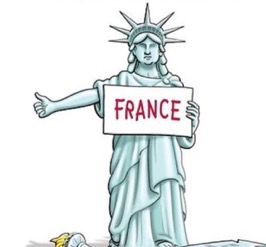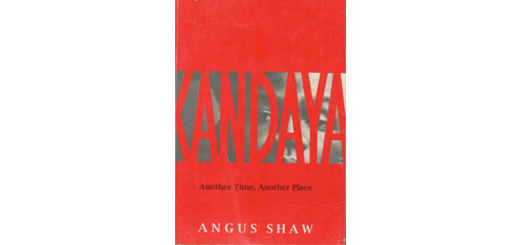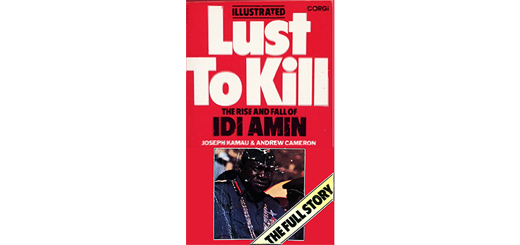Walking backwards to the Dark Ages. Is there no shame?
A leading light in agriculture for many years recalls starting his farm in untouched bush in the early 1960s. At first, no water, no electricity and just a clapped-out generator. Now he has a townhouse in Harare, no water, no electricity and just a clapped-out generator.
Lights out, public utilities and businesses are closed during the day – they don’t have power, nor do they have enough fuel to keep generators running. All in all, it’s a pain in the neck in every waking hour. 
The Internet goes up and down, as do the cell phones. The cell phone service providers say they have to “power down” the transmission towers or switch them off altogether in some areas because they can’t run generators to keep the towers “powered up” and the signal strong. What was it like before cellphones? Now we know.
The electronic money goes up and down too; traffic jams of abandoned trolleys at the shops when people can’t settle up for their few goods. Finally the stuff ends up back on the shelves half de-frosted and going bad in no time. Supermarkets close early and switch off their generators, more defrosting of frozen foods goes on until the electricity comes back. Next day, you can smell the meat trays from two aisles away.
Avoid the pork and chicken to avoid loose bowels; beef is more resilient but far more expensive. Cheese. Forget about cheese, it quickly goes off and now it is far more expensive than beef anyway.
People get up in the middle of the night to cook, wash, iron, clean house and charge phones and computers, or do some accounting and book keeping. Bathing, showering, washing in a bucket rural village-style – that’s another story when the taps are mostly dry.
The landline phone is down, the entire old fashioned telephone exchange is down, their credit control is down, billing and paying with plastic is down … The local post office is without power and is closed. City billing for rates and non-existent water down …
Small fry compared to the long disruptions in every sector of the economy – hospitals, health, sanitation, business, manufacturing or what’s left of it, education. A large cooking oil maker is down to 15 percent of capacity because he can’t get the materials he needs and if he switches on his generators they guzzle 100 litres of diesel an hour at a cost he can’t possibly pass on to the already broke and hungry consumer.
Shortages of basics worsen. Armed robbers hold up a truck – not a cash in transit truck but a bread delivery van. Wielding pistols, they get away with 500 loaves – The Great Bread Robbery.
Then bakers are told not to waste scarce wheat on making biscuits, not that many can afford biscuits for tea.
The power company says they are constantly repairing faults on their cables but they can’t test the repairs because …… there’s no electricity for 18 hours a day.
The big boys are still getting their brand new luxury cars, the fruits of looting and patronage, and probably won’t use them to visit rural areas where the United Nations says 5.7 million people need emergency food aid.
Is there no shame?
Soon, however, they won’t be able to avoid huge swathes of urban people needing food aid unless, in all likelihood, they just look their other way and don’t care about the new Dark Age as long as they’re alright Jack. They don’t seem to care Armageddon beckons. 
The outside world doesn’t care either. Zimbabwe is not making it into their media at all. Trump and Boris at the centre of the stage. The French gave the Americans the State of Liberty. “Give me your tired, your poor, your huddled masses yearning to breath free …
Say no more.


